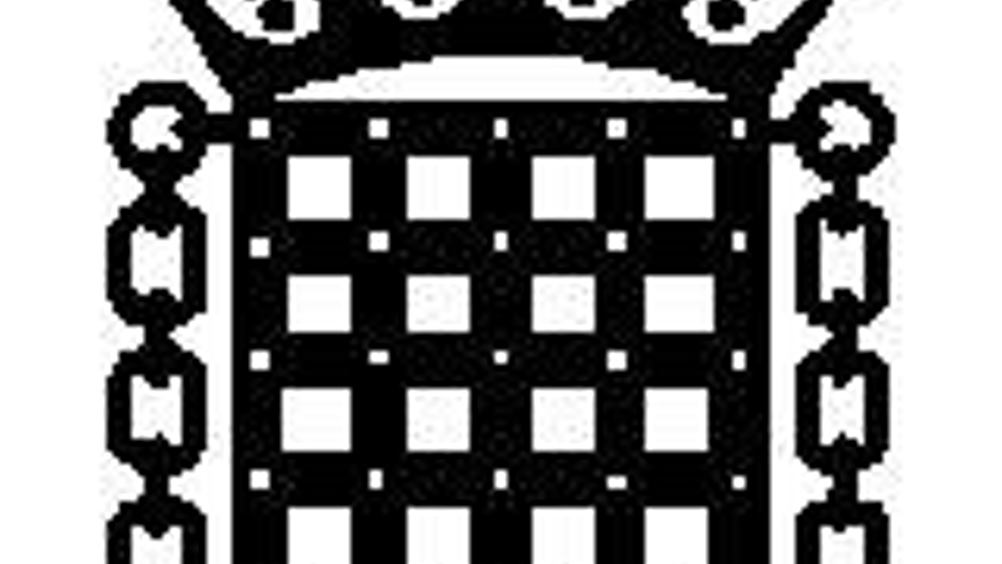Government asks for your advice on disasters and space
The new Science and Technology Committee is seeking input on how to obtain and handle scientific advice and evidence in emergencies and what to do with the new UK Space Agency.

On the subject of emergencies, an inquiry will examine: The swine flu pandemic in 2009, the Icelandic volcanic ash eruptions in 2010, and the potential emergency situations that solar storms and cyber attacks could cause.
In relation to these case studies, the Committee is seeking views on the following:
• What are the potential hazards and risks and how were they identified?
• How prepared is/was the Government for the emergency?
• How does/did the Government use scientific advice and evidence to identify, prepare for and react to an emergency?
• What are the obstacles to obtaining reliable, timely scientific advice and evidence to inform policy decisions in emergencies?
• Has the Government sufficient powers and resources to overcome the obstacles?
• In the case of the swine flu panedemic and the ash cloud, was there sufficient and timely scientific evidence to inform policy decisions?
• How effective is the strategic coordination between Government departments, public bodies, private bodies, sources of scientific advice and the research base in preparing for and reacting to emergencies?
• How important is international coordination and how could it be strengthened?
A copy of the submission should be emailed to scitechcom@parliament.uk and marked "emergencies". An additional paper copy should be sent to:
The Clerk, Science and Technology Committee, House of Commons, 7 Millbank
London SW1P 3JA.
The Committee invites written submissions on these issues by Tuesday 14 September.
On the subject of the UK Space Agency, which replaced the British National Space Centre on March 23rd 2010, the committee wants to know the following:
• What progress has been made in setting up the UK Space Agency?
• How does the UK Space Agency work with other bodies (national and international) on space issues?
• Is the UK Space Agency more effective at coordinating space policy than its predecessor, the British National Space Centre?
• What should the UK Space Agency's priorities be for the next five years?
• Is the UK Space Agency adequately funded?
A copy of the submission should again be sent by e-mail to scitechcom@parliament.uk but marked "space agency" and an additional paper copy should again be sent to the same address as above, to be received by noon on Tuesday August 31st.









